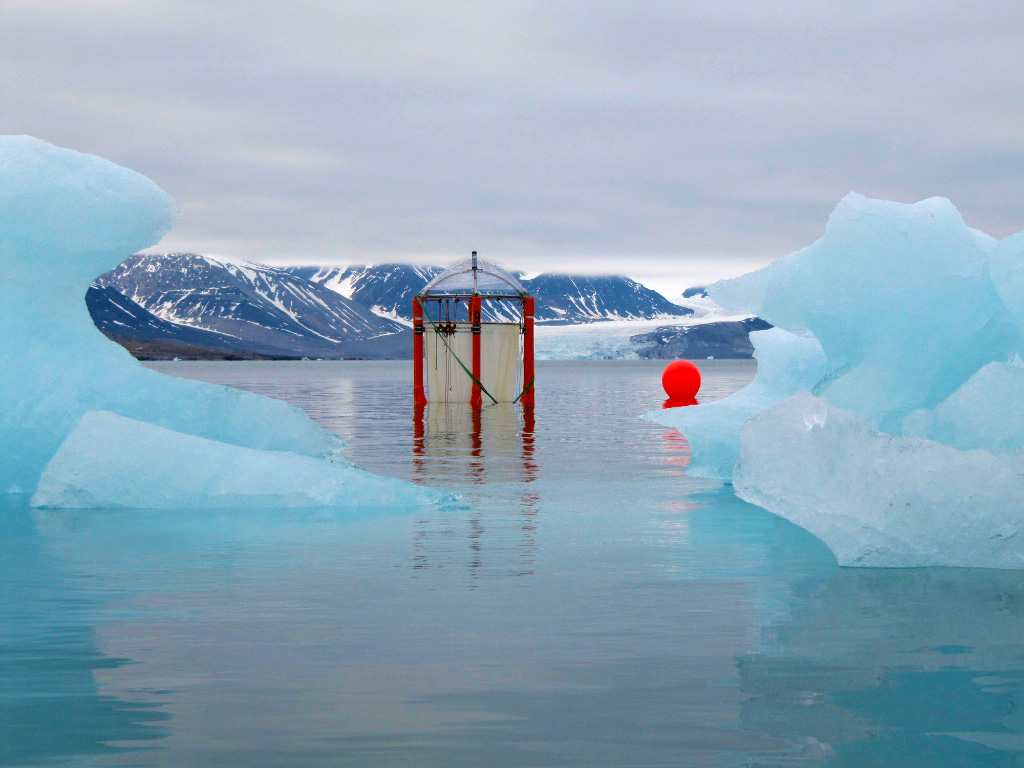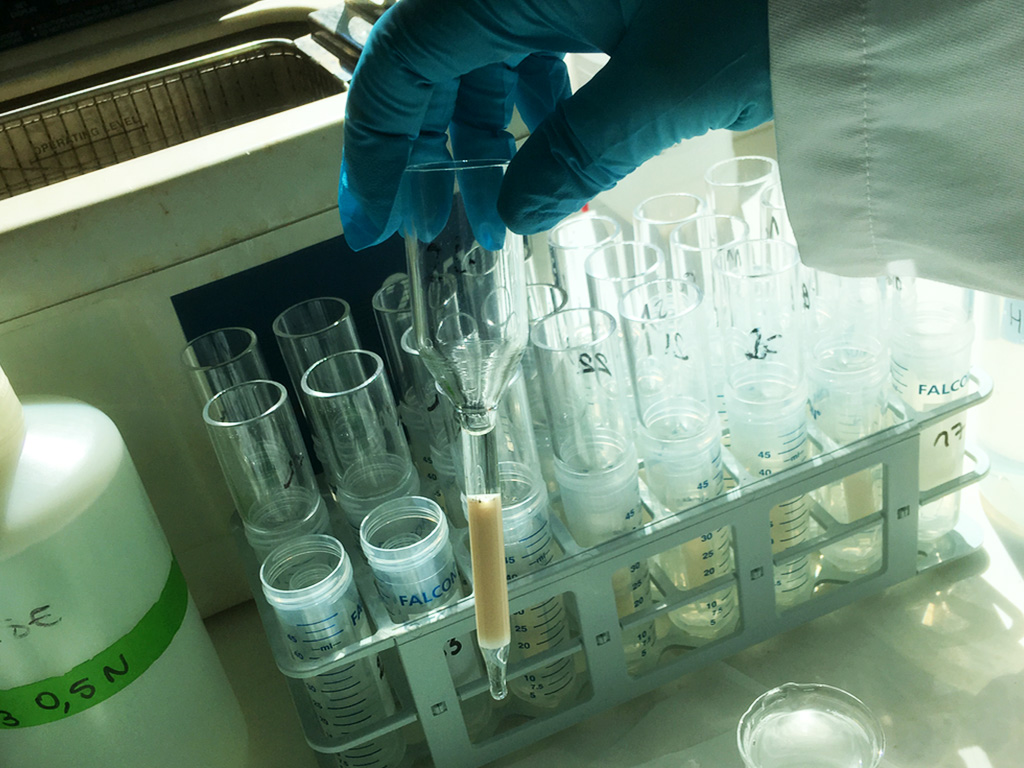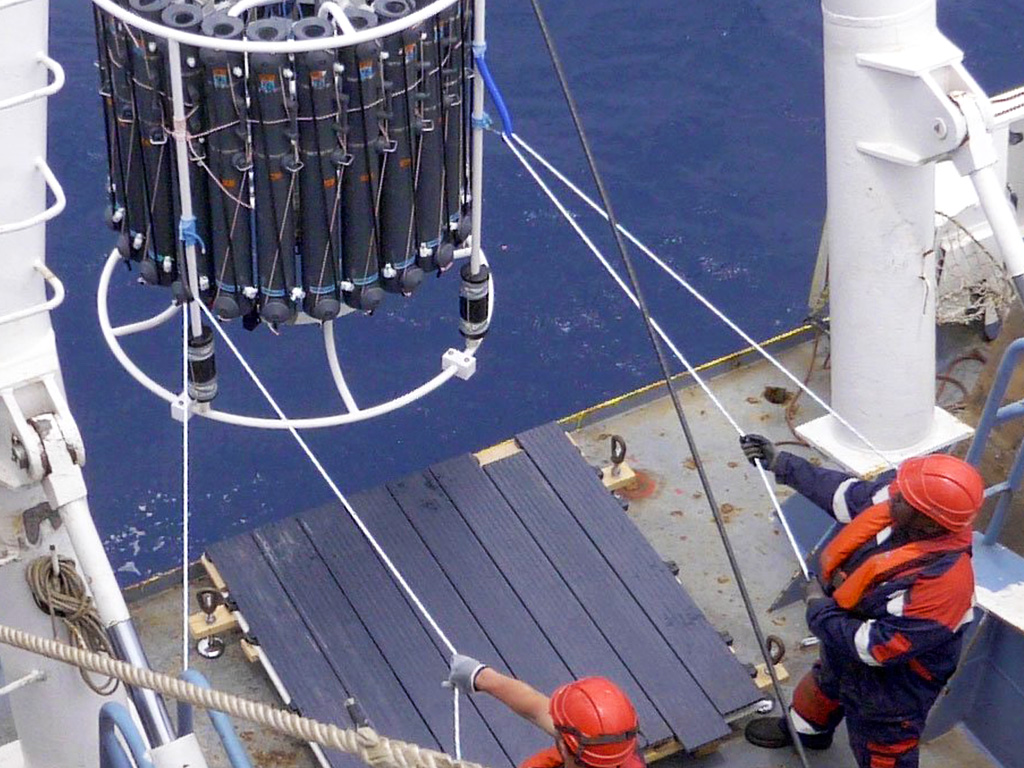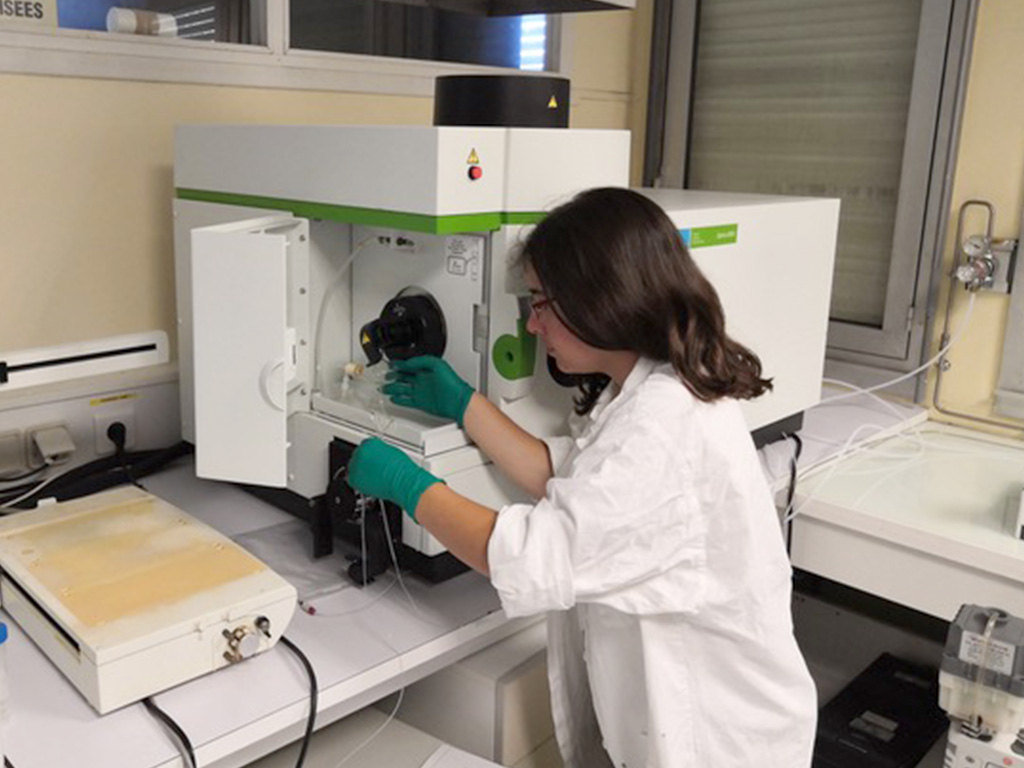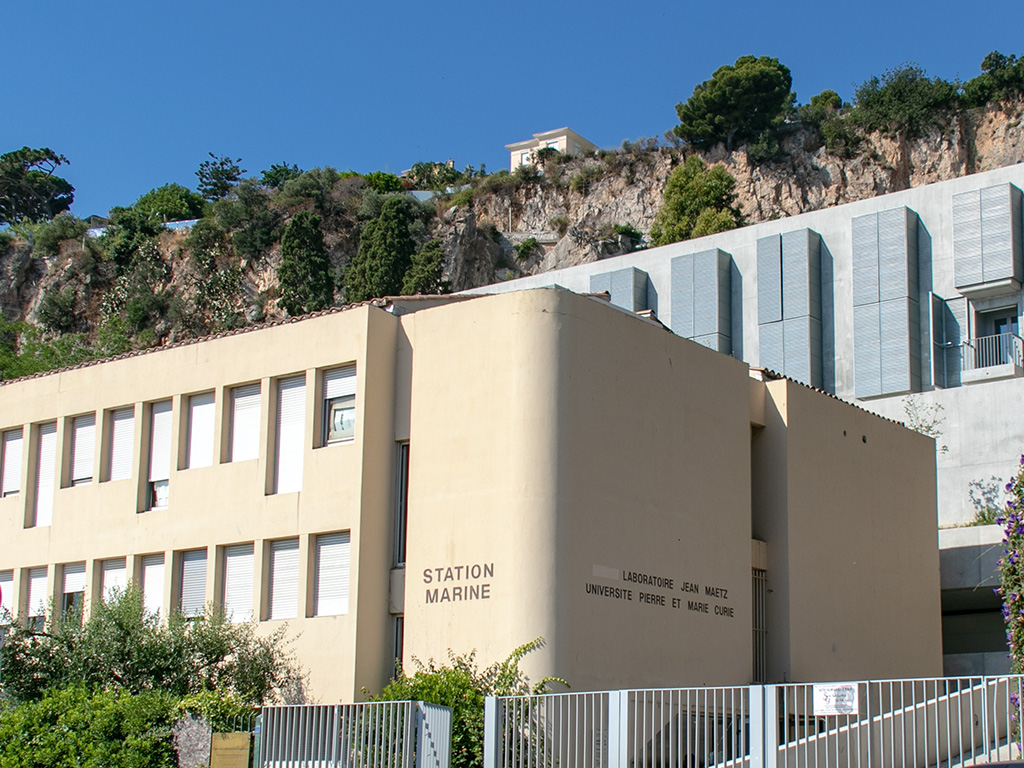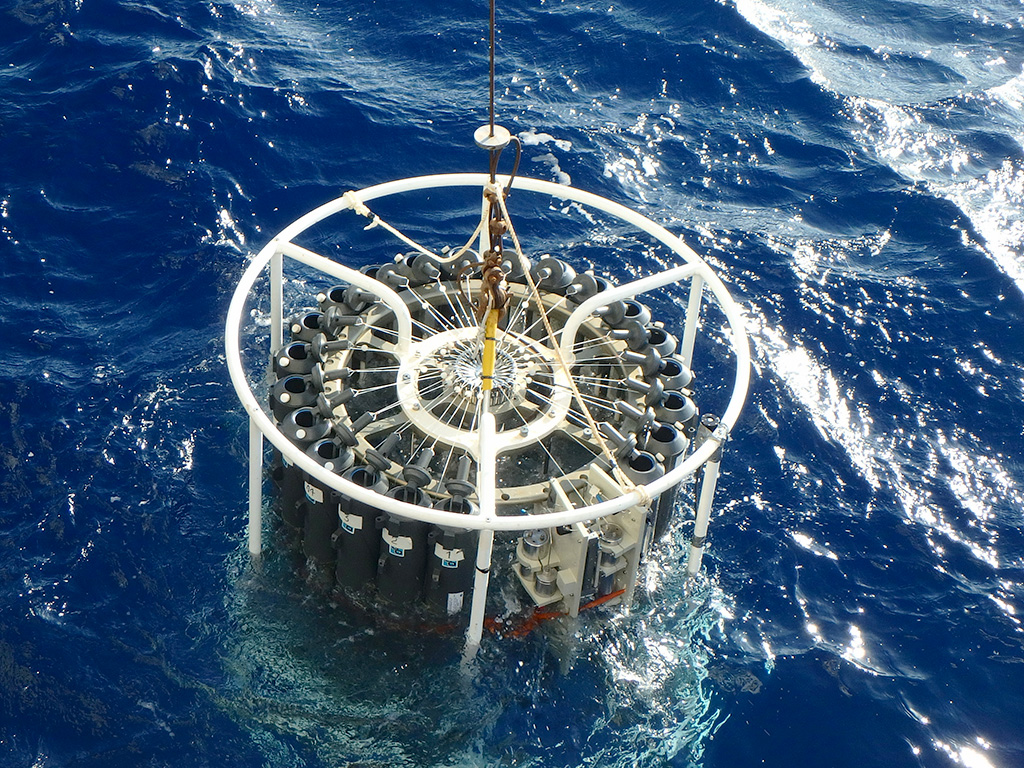research activities
The research of the team CHOC is articulated around 3 axes:
1) Climate and global environmental changes: impacts and solutions
2) Marine biogeochemical processes and cycles, and the impact of external inputs
3) Emerging risks, biological proliferation, cumulative impacts.
The CHOC team comprises scientists, engineers, and technicians dedicated to exploring how climate change and other external drivers such as continental and atmospheric inputs, hydrothermal activity, and human actions affect biogeochemical cycles, ecological systems, and marine life. They also delve into the role of contaminants and biological proliferations in marine environments and their implications for human health. CHOC research relies on chemical and isotope approaches: from fine analyses of carbonate and organic chemistry (including secondary metabolites), to trace metals concentrations, and isotopic signatures of carbon, nitrogen and non-conventional isotopes (Li, etc.).
CHOC’s work spans experimental research and field studies across multiple scales, ranging from the shores of the Mediterranean to the tropical Pacific and Atlantic, the Arctic Ocean, and even on a global level. Research examines a variety of timescales from seasonal changes to future projections and ancient geological cycles.
CHOC members employ interdisciplinary methods that integrate chemistry, biogeochemistry, ecology, biology and modelling to enhance our comprehension of critical marine processes, such as the contribution of marine organisms to carbon sequestration and the response of organisms and ecosystems to environmental drivers and organic and inorganic pollutants, as well as their changes over time. Moreover, several CHOC members play a significant role in ongoing coastal monitoring projects through both national and international observational networks, including SOMLIT, COAST-HF, PHYTOBS, and JERICO NEXT.
